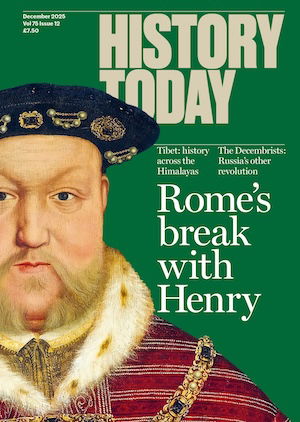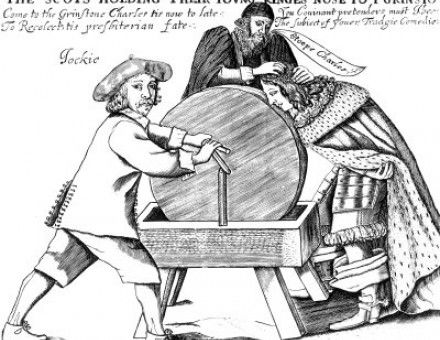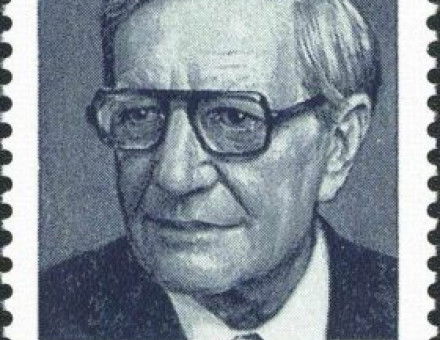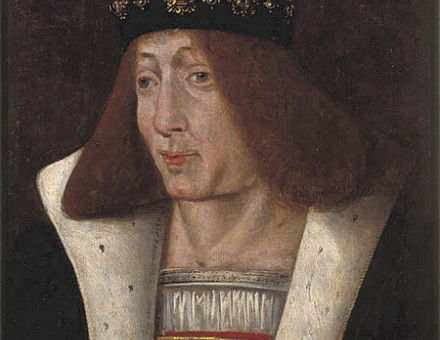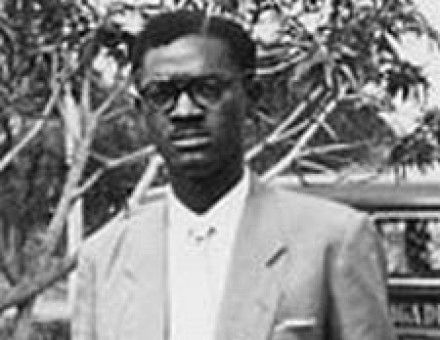Lady Margaret Kennedy and John Maitland: The Lady and the Earl
Martin Greig reveals the intimate relationship between the powerful Earl of Lauderdale, Charles II's Secretary for Scotland in the 1660s, and a Scottish spinster who became the earl's 'Presbyterian conscience' during a tumultuous period for kirk and crown.

